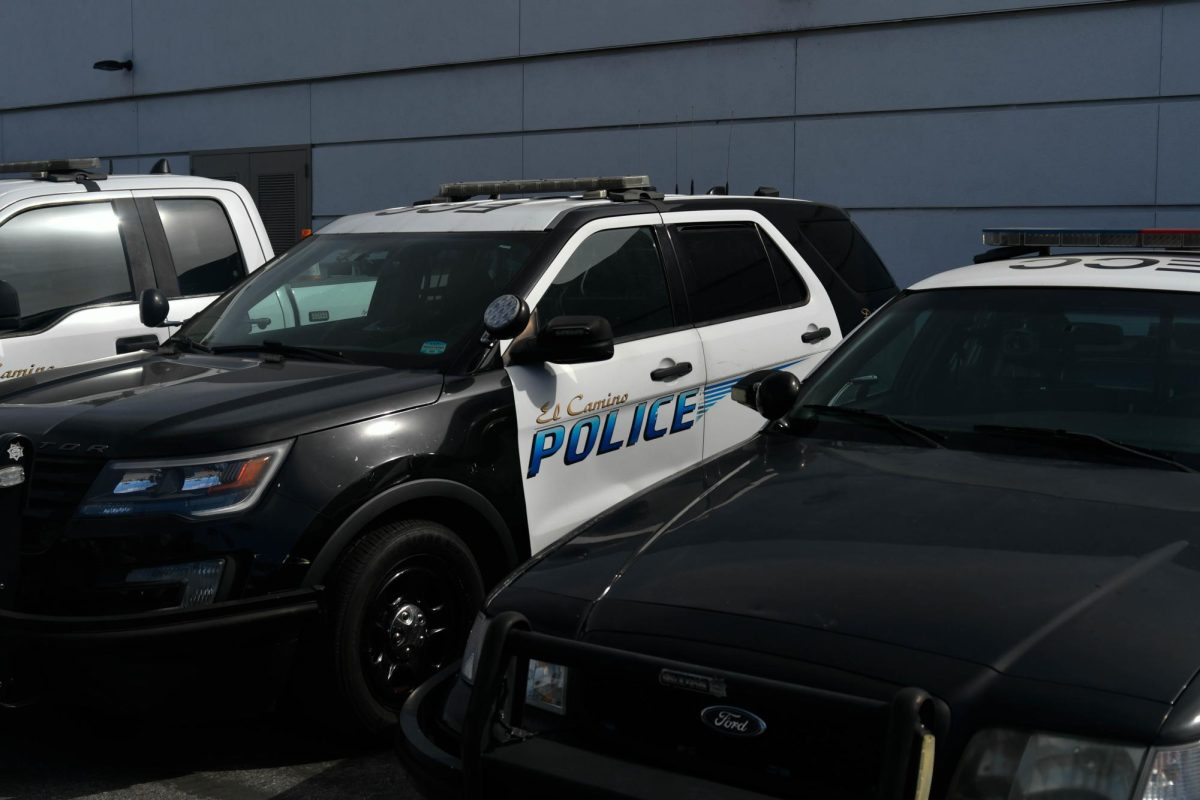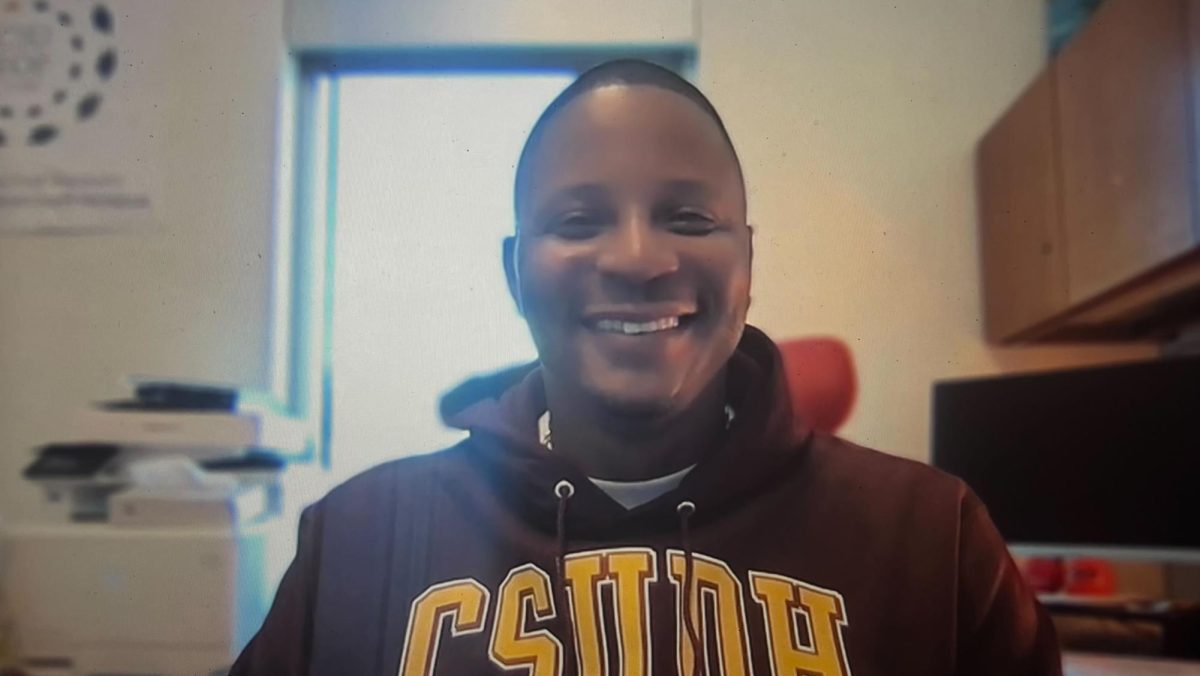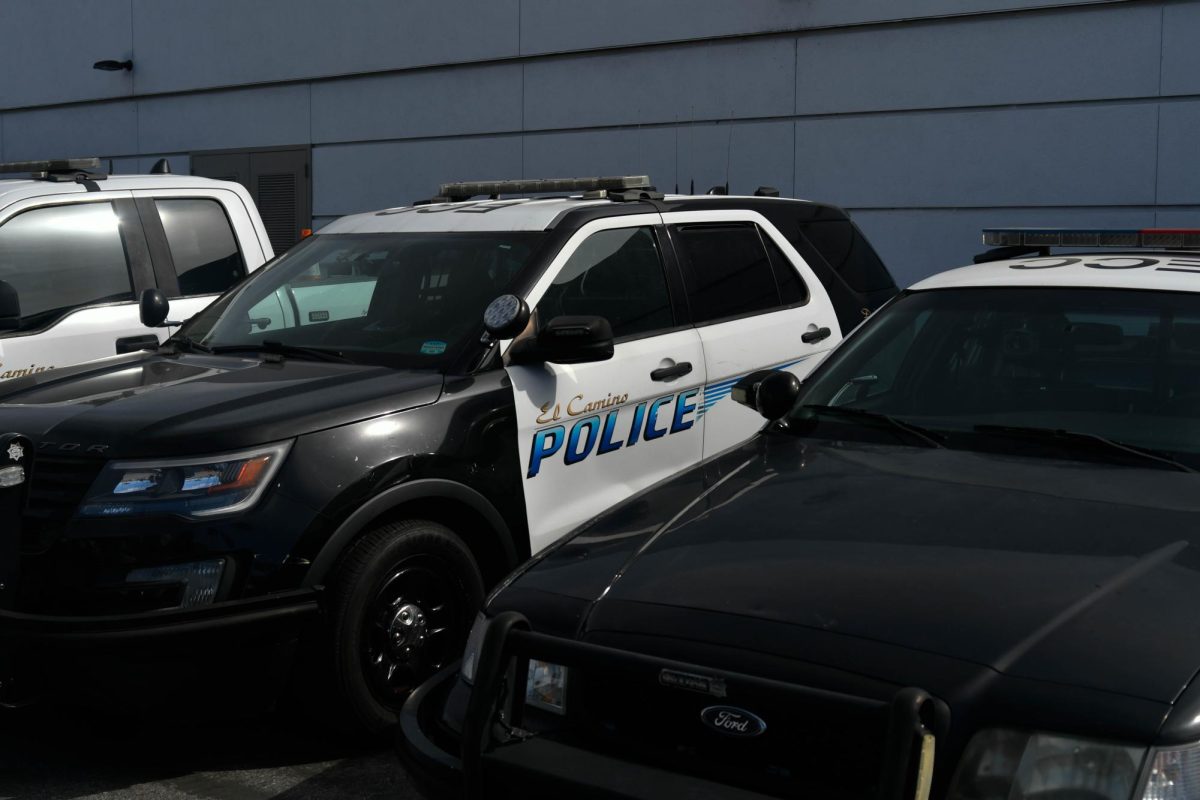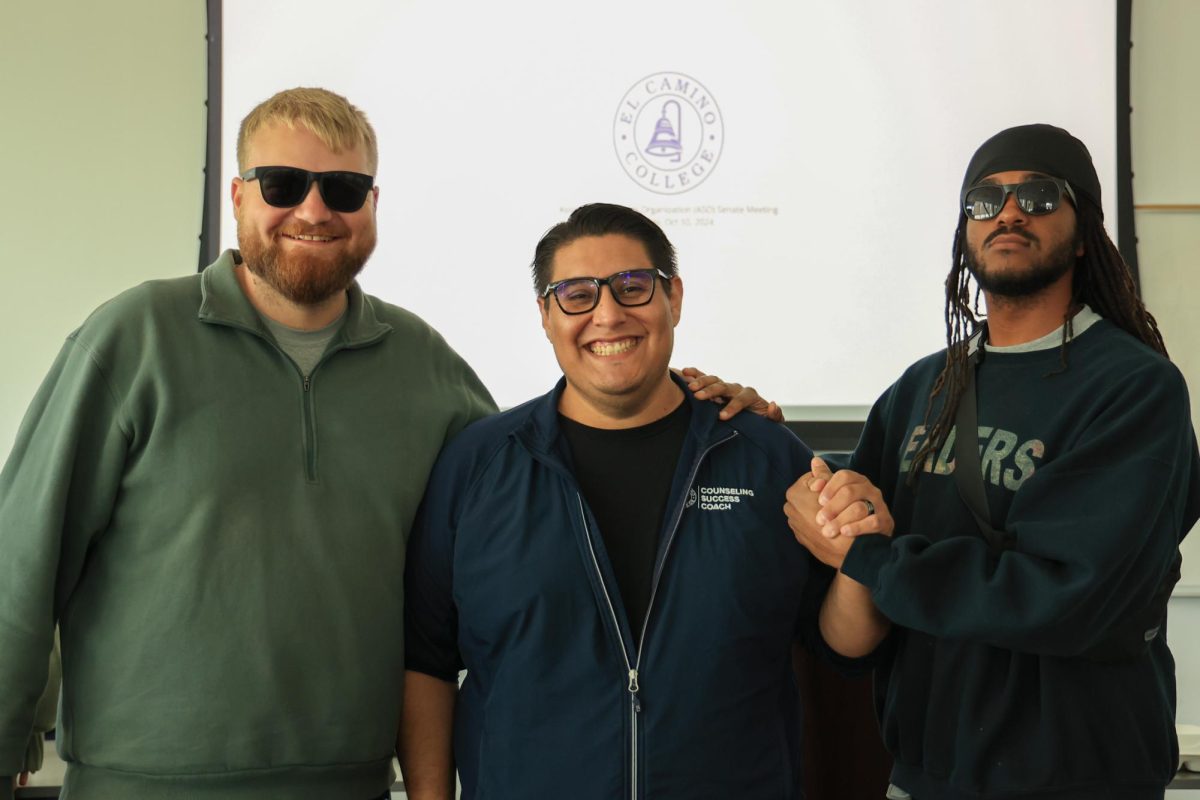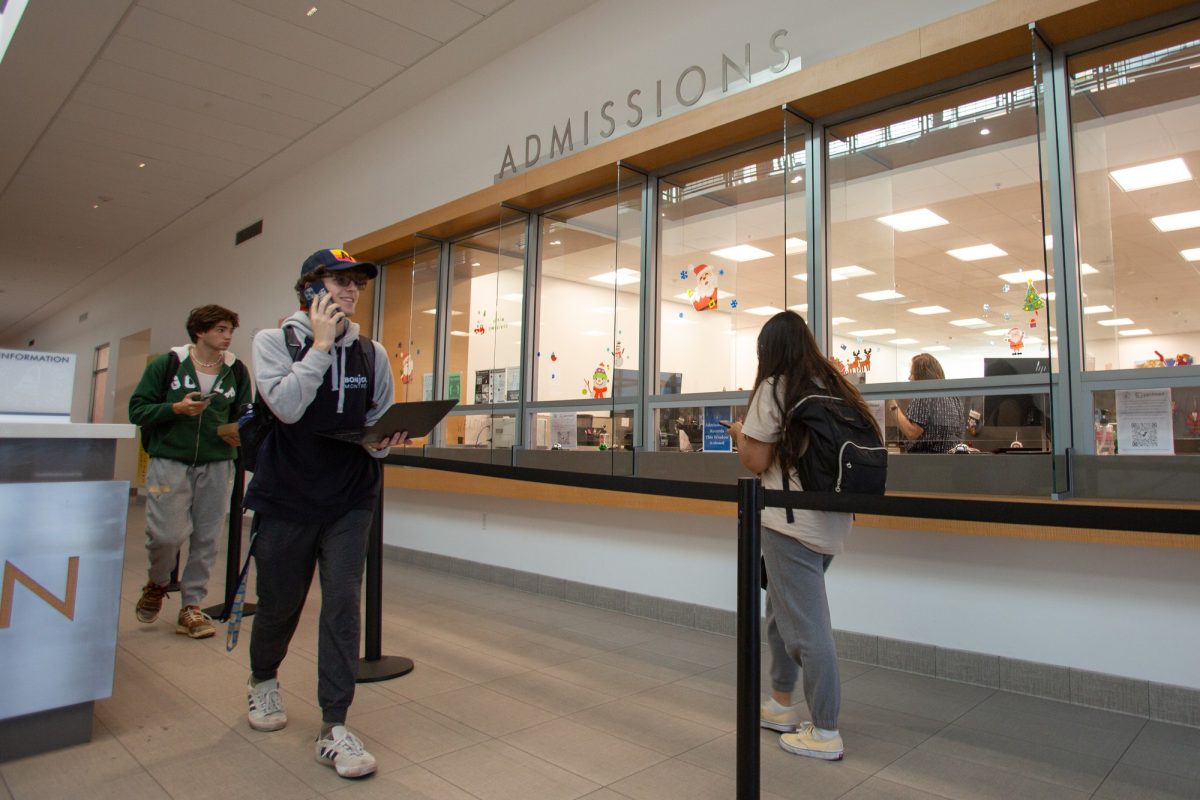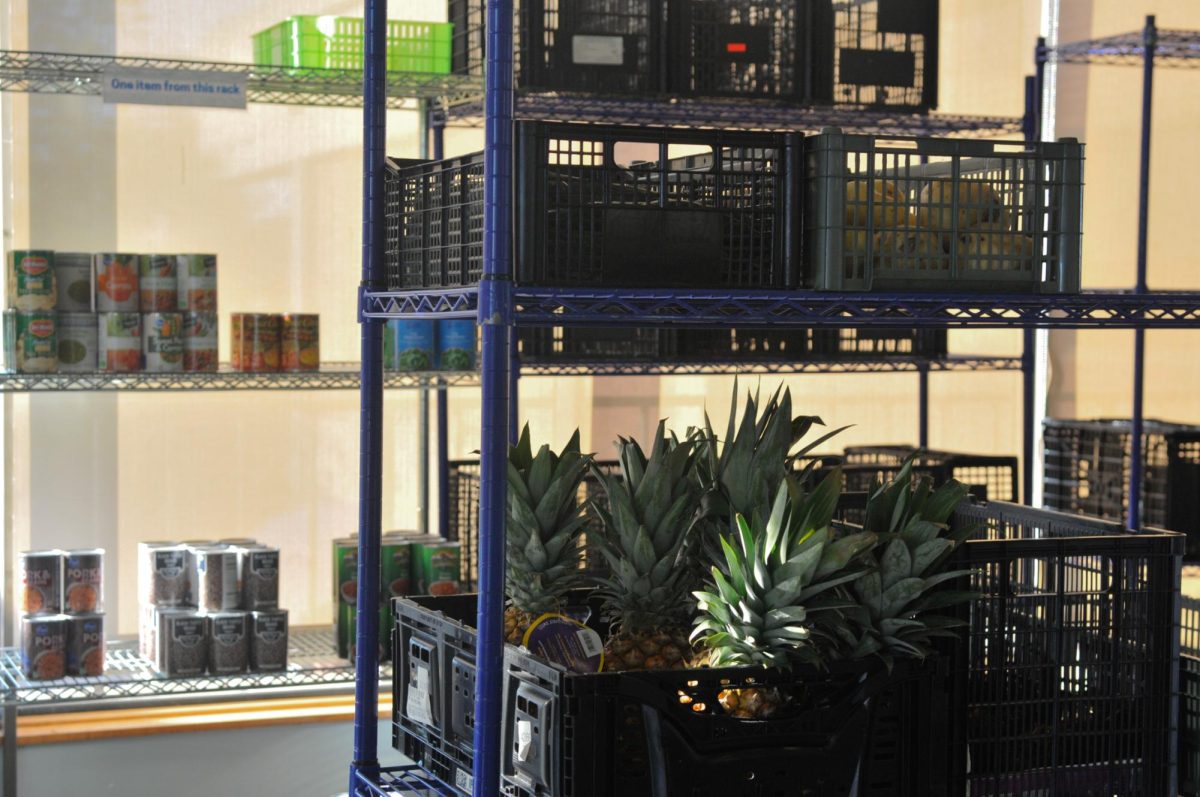Between 47 and 84 million more people fell into or were trapped in extreme poverty because of the global economic crisis. And more than 2.6 billion people— 40 percent of the world’s population— live in poverty that threatens their livelihoods and survival, according to a 2011 U.N. study.
As the U.N. commemorated the International Day for the Eradication of Poverty on Monday, the Sociology Club was collecting books toward the same cause.
The Sociology Club Fundraiser Book Sale, which will be held on the library lawn on Tuesday from 10 a.m. to 2 p.m., will raise money for Kiva, a non-profit organization with a mission to connect people through lending to alleviate poverty.
“I found out about Kiva from a textbook and so I looked it up,” Masataka Kamimura, 25, an international student from Japan majoring in sociology at EC and the Sociology Club’s vice president, said.
Kamimura said that what he learned by visiting the website of Kiva, which was established in 2005, intrigued him.
“There’s a list of people and you can click on a certain person to lend them money,” Kamimura said. “These are people struggling in poverty that you can help for as little as twenty-five dollars.”
The $25 or greater microloans, according to Kiva.org, are funneled through Kiva’s field partners to low-income borrowers who are capable of lifting themselves out of poverty if given access to financial services.
Kiva’s field partners disburse 100 percent of lender provided dollars to entrepreneurs throughout 60 countries, on five continents. More than 80 percent of these borrowers are women.
“They’re creating microloans for people in these poor countries so that they can start businesses,” Stacey Allen, the club’s adviser and professor of sociology, said.
“When the people make the money back, they repay you. Then, the idea is that you put the money back out there and it keeps circulating,” Allen said.
Field partners collect interest on repayments from Kiva entrepreneurs based on rates set to cover only the field partner’s operating costs. Kiva doesn’t charge interest to its field partners and does not provide interest to lenders, according to its website.
All proceeds from the Sociology Club’s book sale will be lent to Kiva entrepreneurs, Melissa Ugas, 25, sociology major and club treasurer, said.
“We’ve been accepting any kind of book donation from students and faculty,” Ugas said. “We’ll probably sell textbooks for two dollars to five dollars, depending on demand.”
“But, if people don’t feel the need for any of the books we have and they want to donate just for the cause, we’ll work around their schedule to pick up donations on campus,” she added.
Kamimura said the club is setting a realistic goal of $100 in proceeds from the book sale, though he hopes to earn enough money to create microloans for as many as 10 different entrepreneurs.
“My life motto is ‘act locally and think globally’,” Kamimura said.
“I want to make a tradition for the Sociology club to continue this with Kiva. We’ll get the money back and do the fundraiser again and again to raise more money until maybe we can even start something of our own, on the local level,” he said.
*Any book donations can be made in Room 317 of the Art and Behavioral Science Building on or before Monday. Interested persons may contact the Sociology Club at [email protected] for more information.



